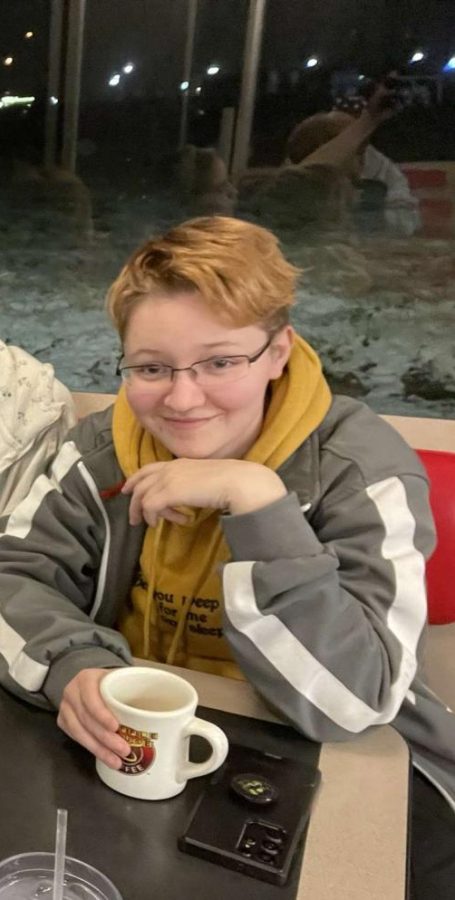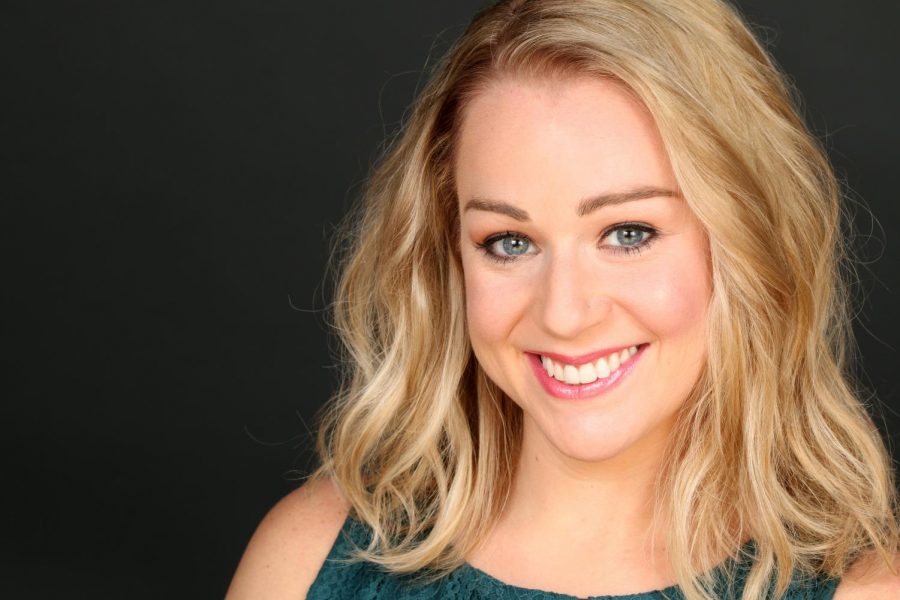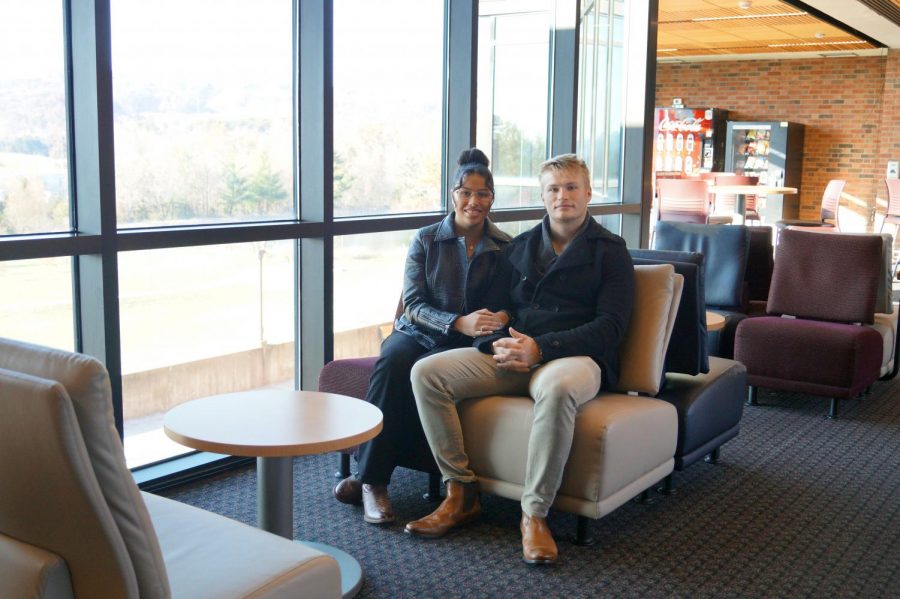
Kristine Lane, general studies sophomore , is the first disabled person to successfully row 134 miles from Louisville, Ky., to Cincinnati, Ohio.
She rowed down the Ohio River from Sept. 24, 2006, to Oct. 1, 2006.
She was a co-star in the documentary “River Row,” which featured Lane and her teammate’s struggles to complete the row.
“More than anything, I did it for disability awareness,” Lane said. “It gave me the kind of determination so I couldn’t quit before the end.”
She received her first disability in the Gulf War as part of the Air Force. She said she was moving drums of deicer when she fell. The weight of the drum pulled her leg out of its socket.
This tore her lower spine as well, forcing her to be honorably discharged from the military in 1992.
“I was in an intersection and I got t-boned,” she said. “I wasn’t even bloody from the wreck, but my leg got wedged and it broke.”
She said she was in physical therapy for years afterward. Four surgeries later, her left leg was about half the size of her right leg. Lane was in a wheelchair for months, and her therapy lasted for about three and a half years .
She started walking again without a cane. This left her with only a limp while she walked.
During the recovery period, she said the wreck had affected her mind as well. She said she became depressed.
“The doctors didn’t believe I was in pain after a while,” Lane said. “I tried to walk on my own for 10 months before I got more help. I had to go through seven doctors.”
She was able to overcome her depression when she talked to a man in physical therapy. She said he told her to focus on what she could do, not what was missing.
After reading a magazine article on adaptive rowing, she decided to join an adaptive rowing team in 2000.
Adaptive rowing uses fixed seats, which keep the rower from using their lower body at all. It’s a complete upper body workout.
Lane said she trained for years in rowing because the Louisville area doesn’t offer many opportunities for adaptive sports.
In 2001, she met her future rowing partner, Kay Vetter, Spalding University director of Student Success and Engagement.
Vetter said rowing takes a lot of patience and effort.
“You can’t succumb to the pain or the weather when you’re on the water,” she said.
At first, the two trained for about an hour a day. Lane said after their muscles built up, they trained between five and eight hours a day.
Their first goal was to row to Pittsburg, Pa., which is much farther away. Lane said they realized they had to set a more realistic goal of rowing to Cincinnati, Ohio.
“The waters on the Ohio River can be calm,” Lane said. “We would travel about 40 or 50 miles every week to get our endurance up.”
After filming the documentary with filmmaker Geoff Weiss, Lane said their goal was accomplished. She said she hopes Weiss can show “River Row” on PBS.
Lane said her biggest motivation came from the memory of her younger brother, who died in a car accident shortly after Lane was discharged from the military.
“He inspired me to never not try,” she said. “I got a second chance at life that he never got.”
Dealing with pain slipped into her career as well. Shortly after her brother’s wreck, she decided to become a massage therapist.
She graduated from the Midwest College of Massage Therapy in Nebraska. She said it was demanding since graduates are required to have 1000 hours of training before they graduate.
In 2002, she became an independent contractor as a Licensed Massage Therapist at The Multicare Center.
“I really have a passion for disabilities,” Lane said. “I’ve met people born with disabilities, and I want to bring them a quality of life. It’s easy to succumb to negativity.”
She said massage therapy is a much easier than some of her past jobs.
Her most mentally challenging job was as a kitchen supervisor at a prison.
“The inmates were always trying to outsmart me,” she said. “I had to hide my limp from them.”
Her most physically challenging job was as a worker at a milk factory. She said she had to work 12 hours at a time, lifting 50 pound bags onto a conveyor belt.
Now that she has a steady job as a therapist, she is a student at IU Southeast working to get a general studies degree.
She said what she really wants to do is to become an interpreter. She said she knows Spanish and brail and is currently learning Japanese.
Learning Russian or German would be an added bonus, she said.
When she graduates, Lane said she hopes to get a degree in American Sign Language. “I’m going to be leaving my doors open,” she said. “I would love to be contracted by the government. Local companies contract out as well.”
She said one reason she enjoys being in school for so long is because it helps her focus. She said it keeps her positive.
Information on the “River Row” documentary and Lane is available online at www.ohioriverpirates.com.
By JOSEPH DEVER
Staff Writer
jwdever@ius.edu






